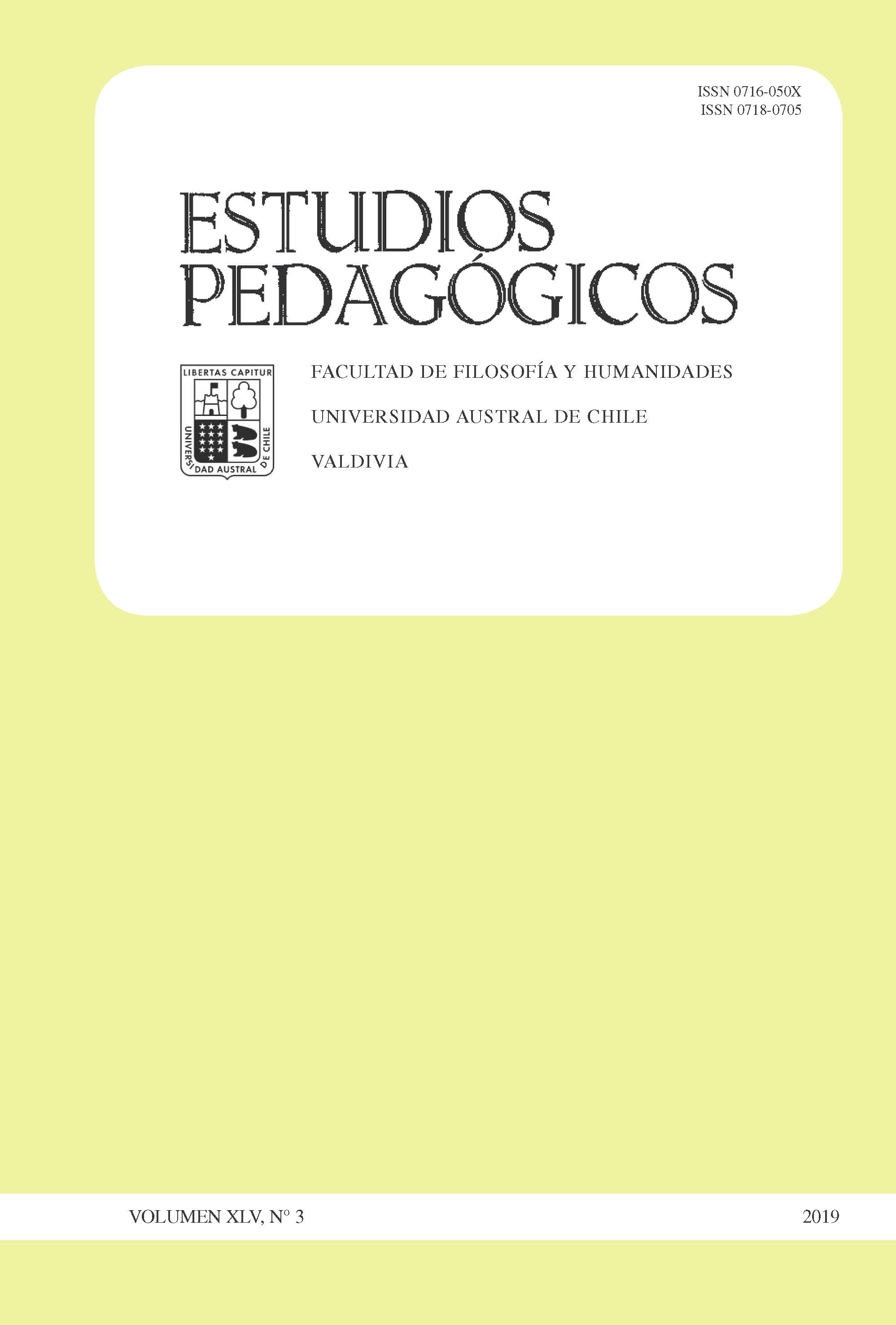Promotion of inclusive schools in rural migrant contexts. Analysis from the territorial approach to development
Main Article Content
Abstract
The purpose of this study is to analyze how through the promotion of the territories favors the development of inclusive migrant schools, for this purpose they are discussed around theoretical and referential elements that affect the development of an inclusive education considering the migratory processes developed in Chile, but that have the territory as a common articulating axis in the Latin American context. The migratory processes throughout Latin America have been present since its inception, it is interesting to explore how this phenomenon constitutes an important source of interculturality configuration that should be addressed by the school system facilitating and contributing to the development of more inclusive schools. Another aspect to address is how the adaptation and preparation of the territories can favor recent migratory processes, transforming the different actors of the school system into responsible for installing real and effective policies of inclusion. Thus, the binomial education-territory is presented as a bridge and engine of aspirations for the development of rural communities with migratory characteristics, being necessary to deepen the understanding of the educational mechanisms that make some territories have a better development than others. As a whole, the results suggest that policies should invest both in individuals (schooling and assets), and in territories (public goods, promotion of productive diversification, etc.) so that migratory territories can deploy their potential and achieve development and inclusion. For such purposes we are interested in addressing questions such as: how does the territory contribute to the development of inclusive schools? Is it possible to prepare the territories to establish inclusive public policies? questions that we seek to elucidate.

